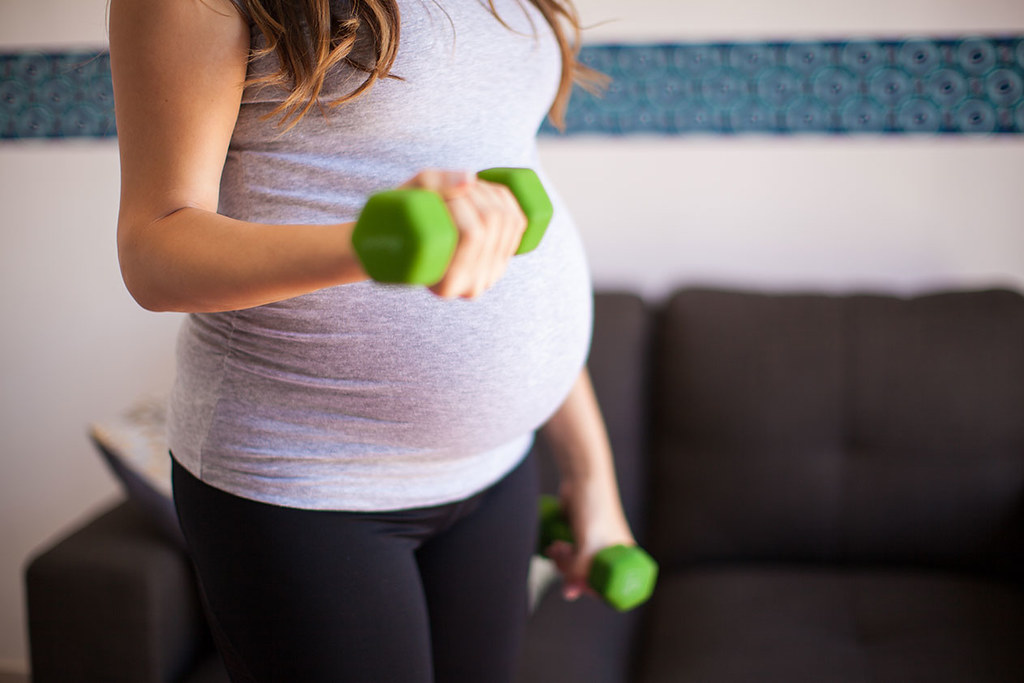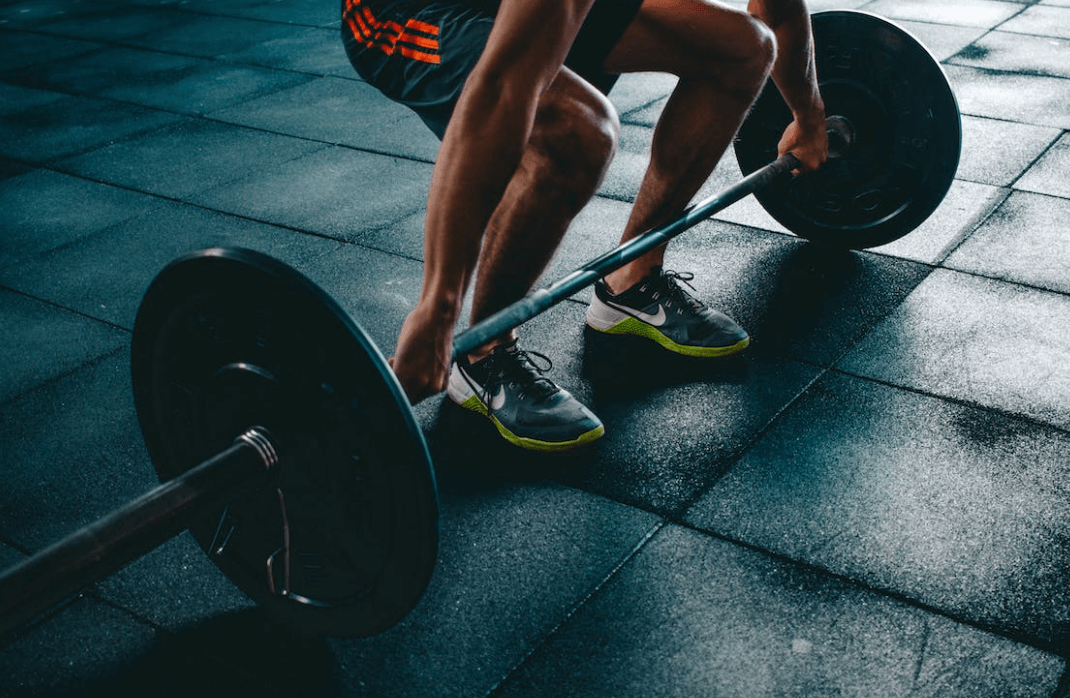Pregnancy can be a life-altering experience for any woman. Their bodies go through obvious changes and get consumed by the little lives their bodies are nourishing. From feeling the first flutter in your tummy to holding your baby for the first time, all these magical moments make pregnancy worth it all!
Pregnancy preparations- what to add and what not to?
But before you go through these changes, it is really hard to imagine a pre-baby life.
Between all these moments, the joy of being a mom often lets them put their babies on priority and their health on last. But these over time body changes at times can result in aches and pains. These physical signs and symptoms can get worse with time and can affect the overall functioning of your body.
Don’t worry, you don’t need to suffer through it. A physiotherapist can be the right choice to help you alleviate these physical signs/ symptoms of pregnancy.
Physical activity in pregnancy
We often see older people telling pregnant women to avoid physical activity and excretes. These claims arise from the times when there were little knowledge and phenomena were evaluated on religious or observational grounds.
Now the situation is a bit different. My cousin went to a renowned physiotherapist in Rawalpindi. Despite all the fears and complications, her delivery went smoothly. All thanks to her physiotherapist!
Why should you go to a physiotherapist while pregnant?
Most people find it problematic to go to a physiotherapist for pregnancy-related issues. If you are also wondering, here is the list of convincing reasons to go to a physiotherapist while pregnant.
1- Physiotherapists can help to relieve the aches and pain in body areas including the lower back, pelvic girdle, or even ribs or thoracic spine.
2- Pelvic floor exercises are a part of pregnancy physiotherapy that can help in controlling bowel leakage or bladder leakage.
3- Physiotherapy can add to body strength and flexibility which is an essential birth preparation for easy delivery.
4- For previous mothers, physiotherapy can help to relieve the symptoms of prolapse (a pregnancy symptom associated with vaginal discomfort).
5- It prepares the mother for post-birth recovery and can make the recovery easier.
Common myths on pregnancy and physical activity
As we look further into this, we see that everyone has a word to say on physiotherapy in pregnancy. The discussion is never-ending and if you are also confused about this, don’t worry you are not alone.
Let’s debunk some of the common myths on exercise in pregnancy.
Myth # 1
Exercise will increase your pregnancy complications
It is commonly said that physical moments can interfere with the normal processes of baby birth adding to a pregnancy complication. In contrast, working out during pregnancy can reduce complications. Physical activity can help to prevent the chances of diabetes and high blood pressure in pregnancy resulting in a better mood and improved body health. Apart from maternal health, it can play a significant role in ensuring baby health.
Myth # 2
You shouldn’t start working out if you haven’t done it before
Most of the time, we see people warning that if you have never done exercise before, you shouldn’t start it now. However, pregnancy can be a good time to start working out. Pregnant women are recommended to include 150 minutes of workout in their weekly routine. Low intensity and moderate physical activities can be the starting point even when you haven’t hit the gym before or worked out.
Myth # 3
This workout isn’t for you
When it comes to physical activity it is often said that if you are pregnant you should refrain from certain activities. This statement particularly refers to strength training (i.e. weight lifting).
But hold on! As you can still do strength training while being pregnant. Contrary to this popular belief, strength training is known to prepare female bodies for further coming challenges. Apart from this, anaerobic exercises such as weight lifting are effective in reducing pregnancy complications.
Myth # 4
Post-pregnancy weight loss is the only possible benefit of workouts in pregnancy
Well, this is not true at all. Exercise is just a component of post-pregnancy weight loss and we can’t undermine the other health benefits of exercises during pregnancy. It isn’t good for the body processes of the mother but also assures a safe birth. Apart from this, working out during pregnancy also saves children from post-birth health problems.
I previously shared about my cousin who practiced physical activity during pregnancy. She went to cantonment general hospital in Peshawar for physiotherapy and after childbirth, she didn’t lose huge weight immediately. But her overall health has improved and for weight loss, she has to consult a nutritionist further.
Myth # 5
Exercise can worsen the pregnancy aches and pain
Conventional thought says that pregnancy pain and body aches are only relieved by the rest. Pain during pregnancy is mainly due to the changes in body structure that are a part of the body’s preparation for childbirth. However, many physical exercises can help to relieve these pregnancy pains and aches.
Myth # 6
Pelvic floor exercises can make your condition worse
Another common myth on working out during pregnancy is that women shouldn’t practice pelvic or floor exercises to minimize the damage. This was a widely accepted phenomenon in the past however, recent studies don’t support it. It is often said that pelvic exercises that engage your abdominal muscles are in turn good for you.
Fetus development during the pregnancy trimester can put a burden on maternal organs such as the bladder, abdomen wall, and uterus. Pelvic floor exercises can help mothers with leaking problems and are even more beneficial in pregnancy.
Bottom Line!
Physical activity is an essential part of motherhood preparations and has several benefits. Physical activity isn’t only good for maternal health, but it is good for the newborn. Most of these myths on pregnancy and workouts have nothing to do with reality.
However, there is always a right to do these things too in moderation. Therefore, it is always recommended to visit a physiotherapist before starting to work out.

























Leave a Reply